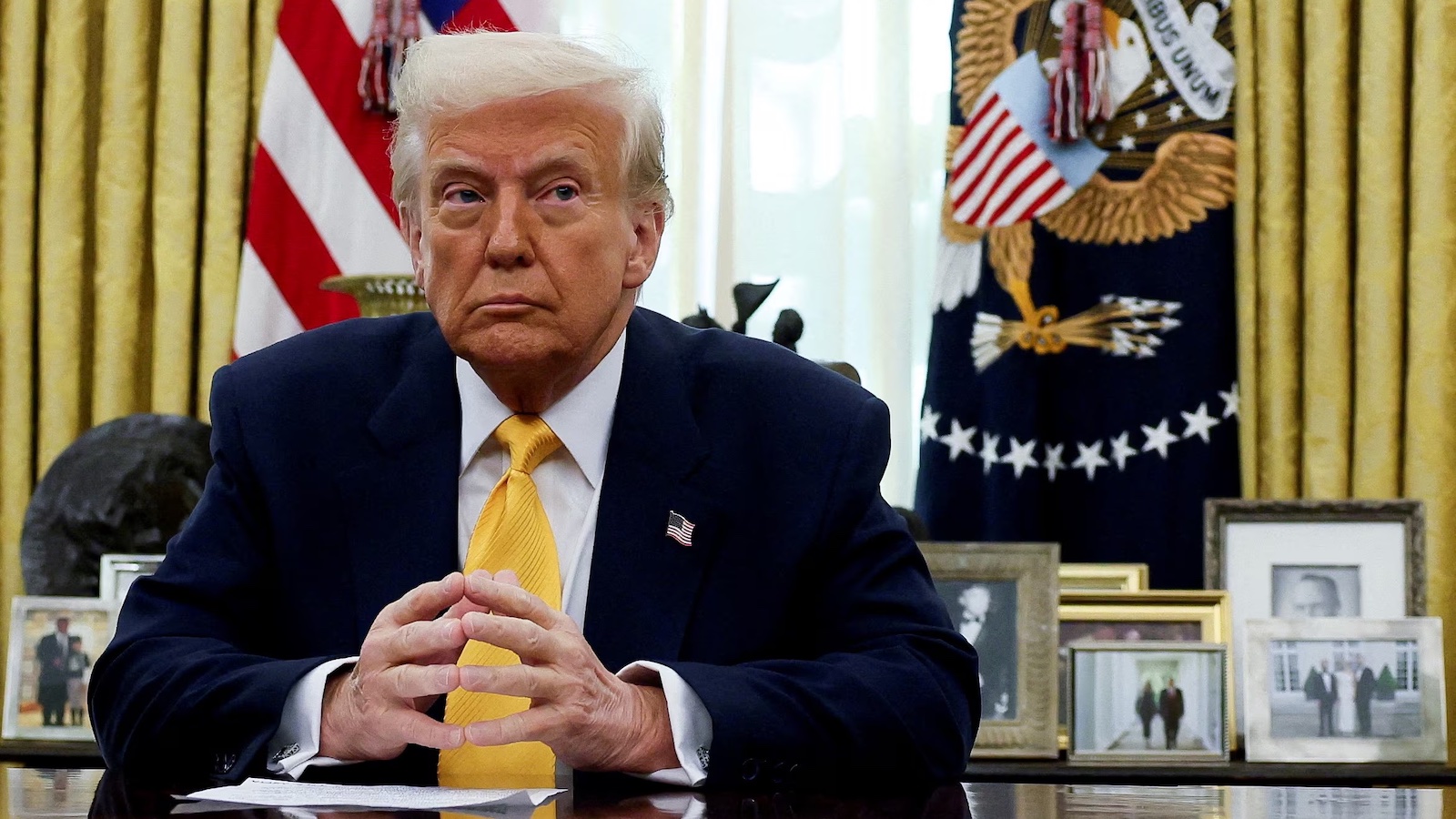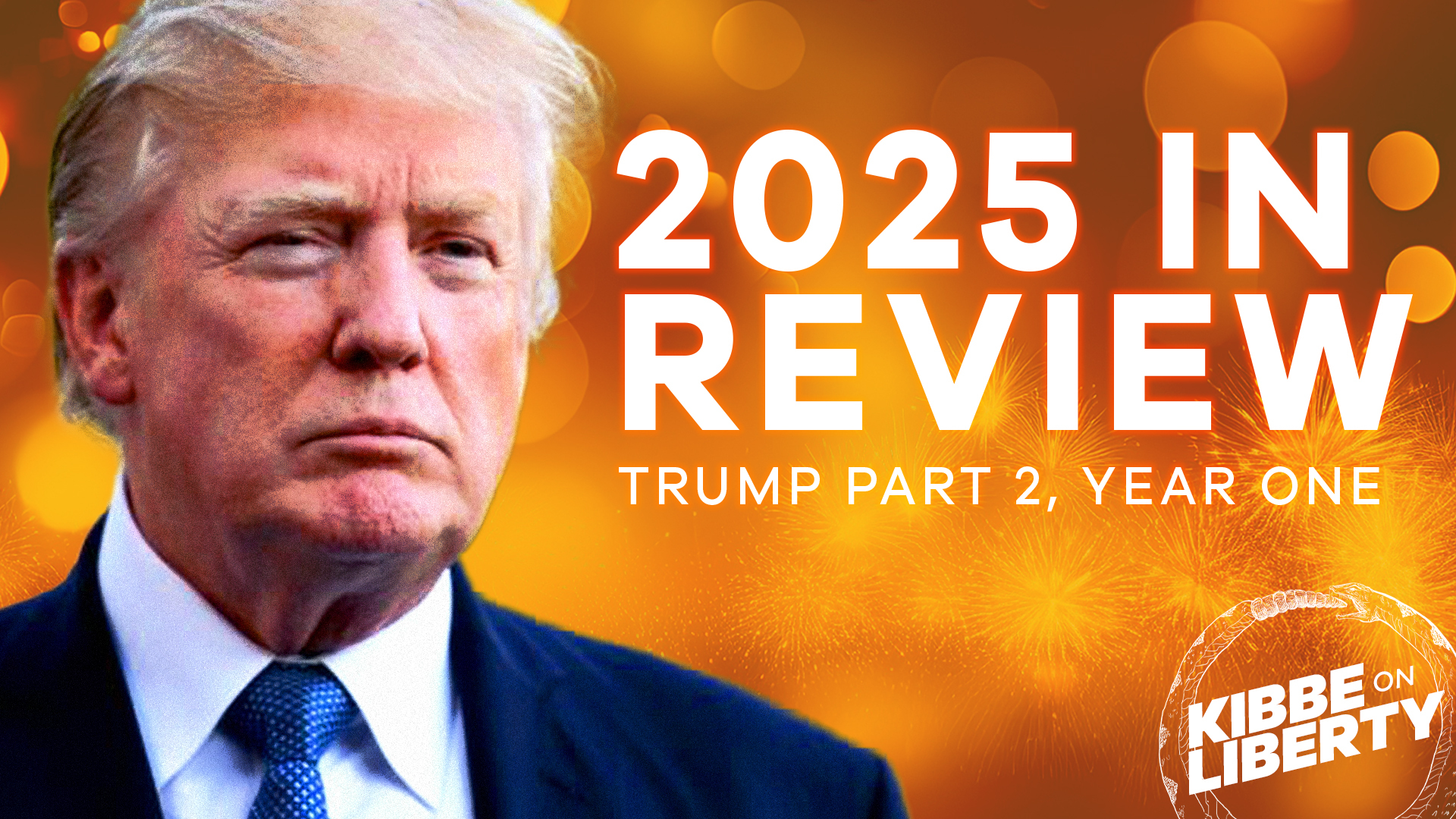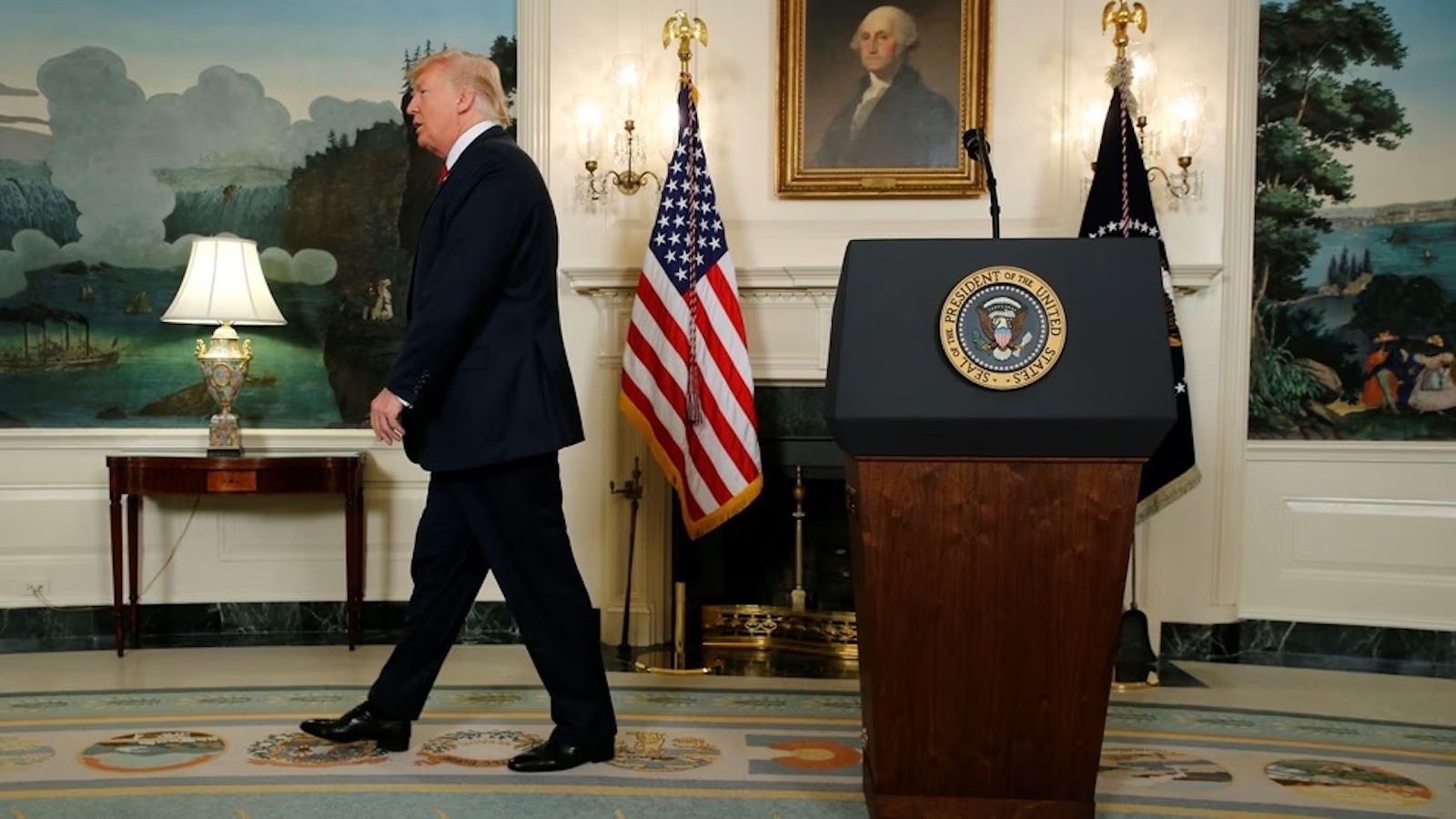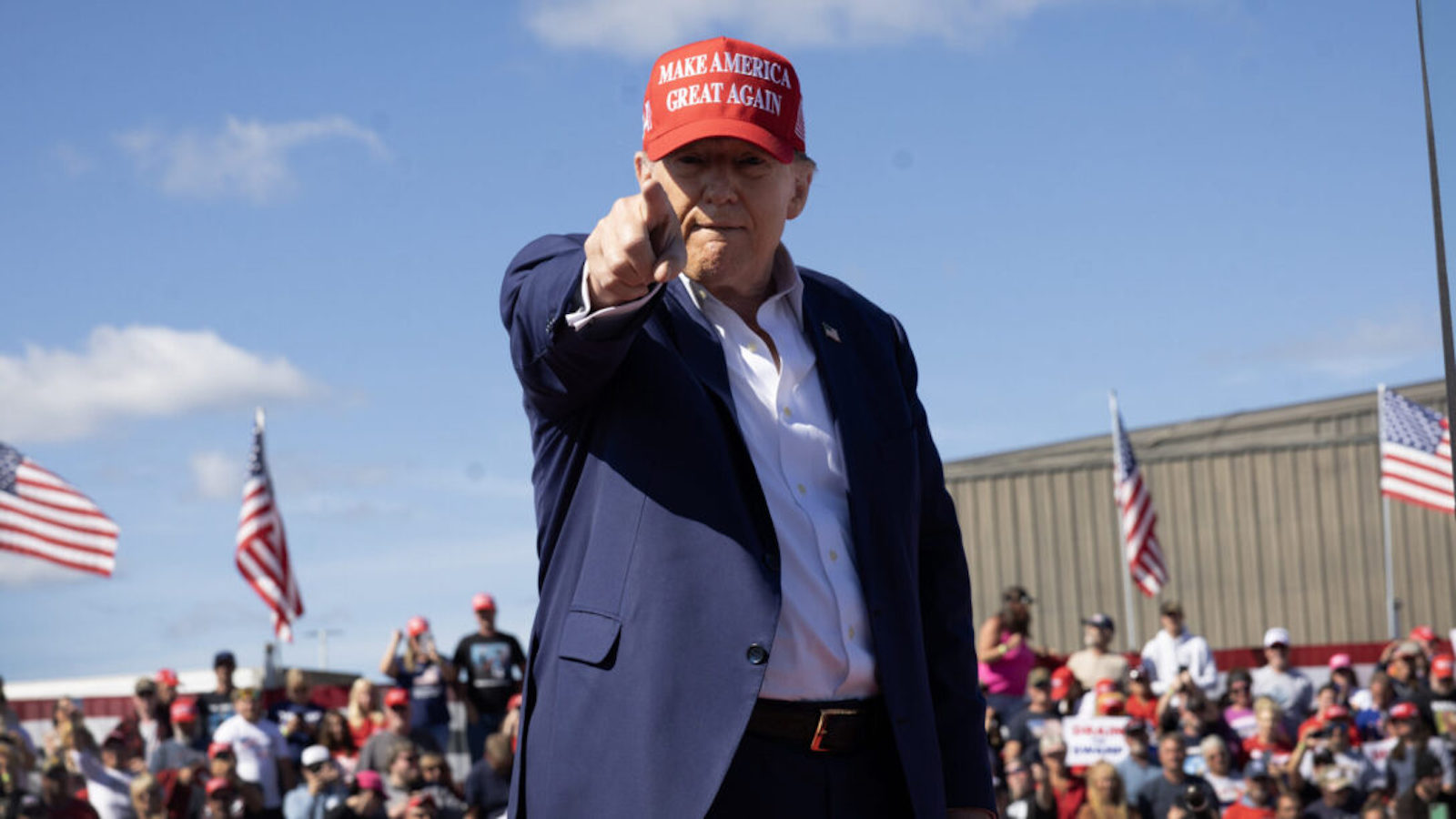
The Right Interpretations Win—When People Stand Firm
Judges are making the wrong interpretations. President Trump should stand by his right interpretations, full speed ahead. 1,461 days go by very quickly, so make every day count.
President Trump or delegees have:
- allegedly worked without constitutional senate appointment and congressional authority
- accessed treasury, labor, and personnel data
- broken up USAID; fired a Federal Labor Relations Authority board member, a special counsel, and inspector generals; and offered buyouts for resigning
- ended citizenship grants to children born here to illegals, interrupted refugee programs, and required states to inform ICE about illegals who ask for information
- interrupted federal funding, and limited NIH grant indirect reimbursements
- banned sterilization and mutilation, housed biological male prisoners in prisons for men, removed gender identity webpages, and required using biological sex on passports.
In each case, plaintiffs have sued. Trump recently said, “I always abide by the courts, always abide by them, and will appeal.”
Trump initially had the right constitutional interpretations, and the plaintiffs and judges had the wrong constitutional interpretations. Trump’s response was the wrong constitutional interpretation.
To know what’s the right constitutional interpretation, it will help to go back to America’s precursors to understand what really makes America great.
Selection by Customers
In the Dutch Republic, people benefited from printed Bibles in common languages, individuated churches, and individual faith. People gained Salamancan theologians’ understanding that profit isn’t evil, picked up some of the Sephardi Jewish refugees’ skills in commerce, and practiced value-adding cooperation and competition.
In England, people got further practice in commerce and law. Also, people became further repulsed by a government church, absolute government power, and restrictions on property rights.
In the American Colonies, people earned freedom. Under the world’s lowest total taxes of just 1% to 2% of GDP, Americans’ purchasing power per person rose steeply to surpass the English people’s by 68%.
People’s general welfare proved to be best promoted by freedom. Producers competed for customers, customers selected for the best value, and producers delivered.
Selection by Voters
Americans appreciated that similar competition and selection could also limit governments. Government people could compete for voters, voters could select for people who would severely limit governments, and some people could deliver.
Some producers get outclassed by others, so some government people could similarly get outclassed by others. Although they wouldn’t fail immediately, just like producers don’t, they could fail soon enough; and peacefully, without revolution or war.
Government people’s competition would certainly extend to interpretation of the supreme law, the Constitution.
On every question of constitutional interpretation, one interpretation would prove to be right:
- Government officials whose interpretation wouldn’t limit governments enough would get the upper hand for a while, but people’s general welfare would then weaken. Voters would give such officials the boot soon enough.
- Government officials whose interpretation would limit governments more would gain the upper hand, and people’s general welfare would then strengthen. Voters would keep electing such officials.
Exhausting All Alternatives
From the start, even the people who developed this constitutional approach and sold it to the general public then turned around and did everything but make it work. From George Washington’s first presidency onward, government people nearly always didn’t use their powers against others to limit them.
Voters did do their jobs, though. Each party that offered smaller governments got voted into majority control. Once there, its people didn’t limit others or limited others only very infrequently, but its people did limit themselves for a time, until they soon enough broke bad. The USA still had at least one smaller-government major party all the way up to 1894.
Since then, voters haven’t been able to choose enough constitutionalist candidates to avoid being stuck with Progressive supermajorities, election after election.
For the right constitutional interpretations to emerge and get selected for by voters requires satisfying two conditions: government people must make changes, and some of the changes must be for the better.
Since 1894, very few candidates have run who would limit governments. When there’s little difference between candidates, the general welfare doesn’t improve much differently under one nominal party than under the other. Voters just seesaw one party into the majority, then the other. Nothing significant changes.
Doing the Right Thing
We’re now in a rare time when an executive has initially been making the right interpretations.
Trump could follow through to make big changes now. State-government people could make bigger changes, now or in the future. Other executives could make bigger changes in the future.
A judge’s position doesn’t give him any formal force or will, so it might look as if a judge would always be overpowered by the political branches unless they would always defer to him. But in practice, people behave differently than that. Swing politicians, in particular, don’t commit early. Judges, in contrast, do lead with their opinions; so judges naturally marshal considerable political power. A judge’s opinion can shape public opinion, persuading swing voters over to his side, in turn pushing politicians to get onboard.
Government people, in all jurisdictions and branches, are people. People make errors, some of them deadly serious.
It would be tyrannical to give any officials the final word.
Change favors freedom. And as illustrated earlier, freedom always works out for the best, soon enough. If a change is for the better from the start, it creates new winners who make the change stay around for a while. If a change is for the worse initially, it causes pushback that brings change for the better.
The right constitutional interpretation is always the one that most-severely limits governments. For the right interpretation to emerge, someone must make this interpretation, and he must stand firm.
Presidents have strong powers to protect the Constitution by not taking any action that they themselves interpret to be unconstitutional. Every president can make America freer, and Americans will take it from there and make America great.
Trump can make America freer, right now. He only needs to go big and stand firm.
Free the People publishes opinion-based articles from contributing writers. The opinions and ideas expressed do not always reflect the opinions and ideas that Free the People endorses. We believe in free speech, and in providing a platform for open dialogue. Feel free to leave a comment.



